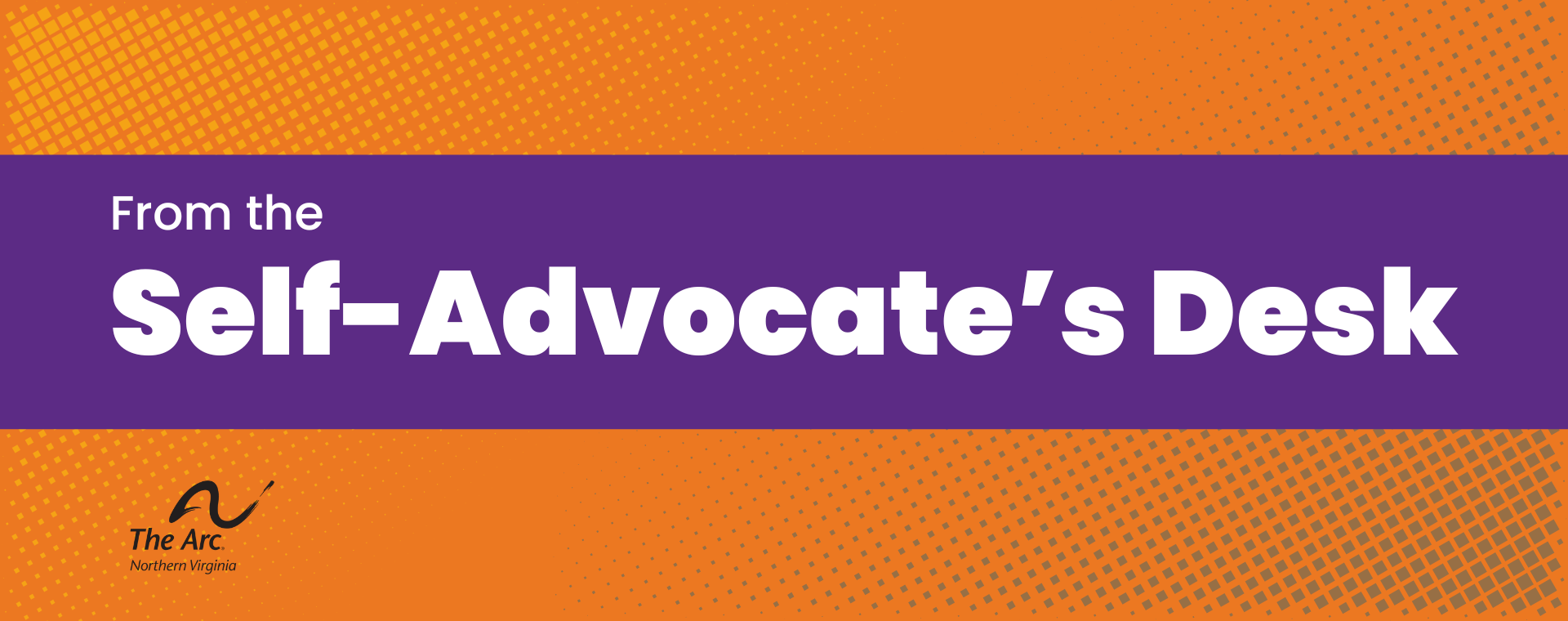Dear fellow advocates and community members,
On July 4, 2025, President Trump signed the One Big Beautiful Bill Act (OBBBA) into law, marking what policy analysts are calling the biggest change to U.S. healthcare since the Affordable Care Act. While supporters celebrate this as economic stimulus and deregulation, the reality is far more sobering for vulnerable communities, especially people with intellectual and developmental disabilities (IDD).
As a self-advocate with The Arc of Northern Virginia, I believe we must examine the concrete impacts this law will have on millions of Americans who depend on essential services to live with dignity and independence.
What Does OBBBA Include?
Tax Changes: The law permanently extends tax cuts from the 2017 Tax Cuts and Jobs Act, adding approximately $4.5 trillion to the federal deficit over the next decade. Nearly 60% of these tax benefits flow to higher-income households, while average tax cuts are significantly smaller as a percentage of after-tax income for lower-income families.
Massive Healthcare Cuts: The Congressional Budget Office estimates that OBBBA will cut federal spending on Medicaid and the Children’s Health Insurance Program (CHIP) by $1.02 trillion, representing $1 trillion in healthcare cuts—the largest in our nation’s history.
Medicaid Work Requirements: The law mandates that adults aged 19-55 must prove 80 hours of work per month to maintain Medicaid coverage, with limited exemptions for people with disabilities that come with complex administrative barriers.
SNAP Restrictions: Similar work requirements and administrative hurdles are imposed on food assistance programs, threatening food security for vulnerable families.
Clean Energy Rollbacks: The law eliminates tax credits and incentives for clean energy projects, potentially affecting up to 4,500 projects nationwide and raising utility costs for communities already struggling with affordability.
The Numbers Tell the Story: Who Will Suffer Most?
The statistics paint a devastating picture:
People with Disabilities:
- CBO estimates that 11.8 million more people will lack health insurance by 2034 due to OBBBA’s healthcare provisions
- At least 10.5 million people will lose Medicaid and CHIP coverage by 2034
- Previous Medicaid work requirements in Arkansas resulted in 25% of affected individuals losing coverage, over 18,000 people, primarily due to administrative barriers, not actual work status
Administrative Burden Impact:
- Despite exemptions for people with disabilities, the complex verification requirements create insurmountable barriers for many who qualify
- Historical data shows that administrative requirements disproportionately affect people with disabilities, who often struggle with complex paperwork and documentation demands
Healthcare System Strain:
- The $191 billion in federal savings from Medicaid cuts will devastate safety net hospitals that serve vulnerable populations
- Federally Qualified Health Centers (FQHCs) face unprecedented challenges as their patient populations lose coverage
Economic Inequality:
- While the law provides an average tax cut of $2,900 in 2026, this benefit is heavily skewed toward wealthy households
- Lower-income families receive minimal tax relief while facing cuts to essential services that sustain their basic needs
Why This Matters
The OBBBA represents a fundamental shift in priorities: massive tax cuts for the wealthy funded by cuts to healthcare, food assistance, and support services for the most vulnerable. We cannot call legislation “beautiful” when it forces millions to choose between healthcare and housing, between medication and meals.
For people with intellectual and developmental disabilities, this law threatens the very foundation of community-based living. Medicaid doesn’t just provide healthcare—it funds the home and community-based services that allow people with disabilities to live independently rather than in institutions.
What Happens Next: Implementation and Impact
Now that OBBBA is law, implementation begins immediately:
State-Level Decisions: States must develop their own Medicaid work requirement programs, creating a patchwork of policies that will vary dramatically across the country. Some states may implement harsh requirements, while others may seek to minimize harm through broader exemptions.
Administrative Chaos:Federal and state agencies must create entirely new bureaucratic systems to track work requirements, verify exemptions, and process appeals—all while cutting funding for these very programs.
Healthcare System Transformation: Hospitals, clinics, and community health centers must prepare for massive coverage losses and reduced federal funding, potentially forcing service cuts or closures.
Call to Action
The fight for equity and dignity is far from over. Here’s what we must do:
Advocate at the State Level: Contact your state representatives immediately. States have significant discretion in implementing Medicaid work requirements. Push for:
- Broad exemptions for people with disabilities
- Simplified verification processes
- Adequate funding for administrative support
- Protection of essential services
Support Community Organizations: Donate to and volunteer with local disability advocacy groups, food banks, and community health centers that will bear the brunt of these cuts.
Document the Impact: Share stories about how OBBBA affects you and your community. Real experiences will be crucial for future advocacy efforts.
Prepare for Legal Challenges: Support organizations challenging discriminatory aspects of the law in court, particularly provisions that violate the Americans with Disabilities Act.
Build Coalitions: Partner with healthcare providers, unions, faith communities, and other groups impacted by these cuts to build broader opposition to harmful implementation.
Stay Informed: Monitor how your state implements these requirements and hold elected officials accountable for their choices.
The Path Forward
While July 4, 2025, marks a dark day for vulnerable communities, it also marks the beginning of a new phase of advocacy. The Arc of Northern Virginia and disability rights organizations across the country will continue fighting to ensure that people with disabilities are not just served by systems, but shaping them.
We know that when people with disabilities have access to healthcare, community support, and economic security, entire communities benefit. The OBBBA threatens to unravel decades of progress toward inclusion and independence, but it cannot destroy our commitment to justice and dignity for all.
The numbers are staggering, but behind every statistic is a real person whose life hangs in the balance. We will not let them be forgotten.
Thank you for taking the time to understand these impacts and for your continued advocacy.
In solidarity,
Ian Allan
Self-Advocate for The Arc of Northern Virginia
Ian Allan is a self-advocate with a deep commitment to policy literacy, systems change, and disability justice. Through The Arc of Northern Virginia, he works to ensure that people with intellectual and developmental disabilities are not just served by systems, but are shaping them.

